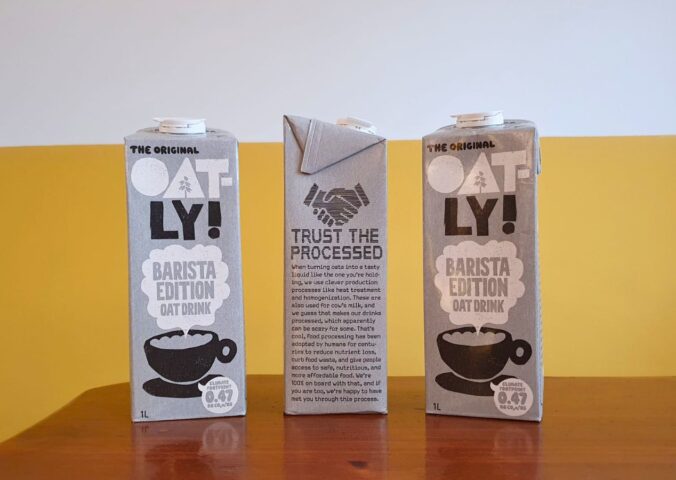The NYC Mayor’s Office of Animal Welfare is urging the public to reduce their meat intake to fight the climate crisis.
It sent a newsletter to residents in partnership with World Animal Protection’s Meating Halfway campaign.
The newsletter calls on New Yorkers to slash their beef intake by 50 percent and ‘phase-out processed meat’. It also encourages consumers to participate in the Meatless Mondays initiative and replace their meat consumption with ‘healthier plant-based proteins’.
Reduce meat intake
Joe Loria is the Meat Reduction Campaign Manager at World Animal Protection. According to reports, he said: “It’s incredible to see America’s largest City promoting a reduction in meat consumption.
“This guidance includes valuable information on the importance of eating less meat and resources to help New Yorker’s shift towards more humane and sustainable plant-based proteins.
“The US consumes more meat than nearly any other country in the world. Demand for cheap meat has fueled factory farming and practices that treat animals as mere cogs in a machine. This includes extreme confinement, brutal mutilations, and antibiotics overuse…
Loria then concludes: “By reducing demand for meat, dairy, and eggs, we can create a shift towards farming practices that are more sustainable and kinder to animals.”
Climate Crisis
Recently, a food expert declared meeting the Paris Climate Agreement is ‘impossible’ unless meat production is reduced.
Bruce Friedrich is the Executive Director of The Good Food Institute (GFI). The non-profit ties its work of ‘reimagining protein’ to the world’s climate goals.
Currently, countries under the Paris Agreement are obliged to limit global warming to ideally 1.5 degrees Celsius. But, Friedrich says conventional meat production is hindering our chances.
In a statement sent to PBN, he said: “Every year going forward has a lot riding on it in terms of the world’s ability to shift to more efficient, climate-friendly ways of making meat.
“To succeed, governments need to fund open-access R&D. We know [this] will not only spur innovation and new markets, but also reap massive public benefits — from cleaner air, water, and soil to a more secure and sustainable global food system. This needs to happen. And fast.”
You can view the newsletter here






